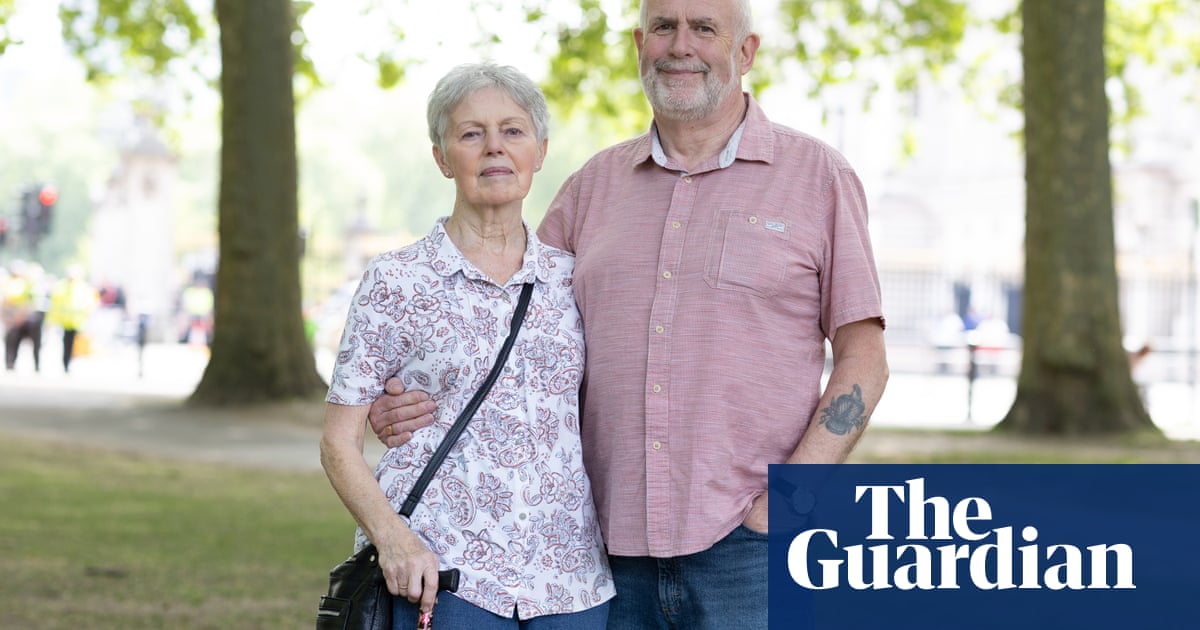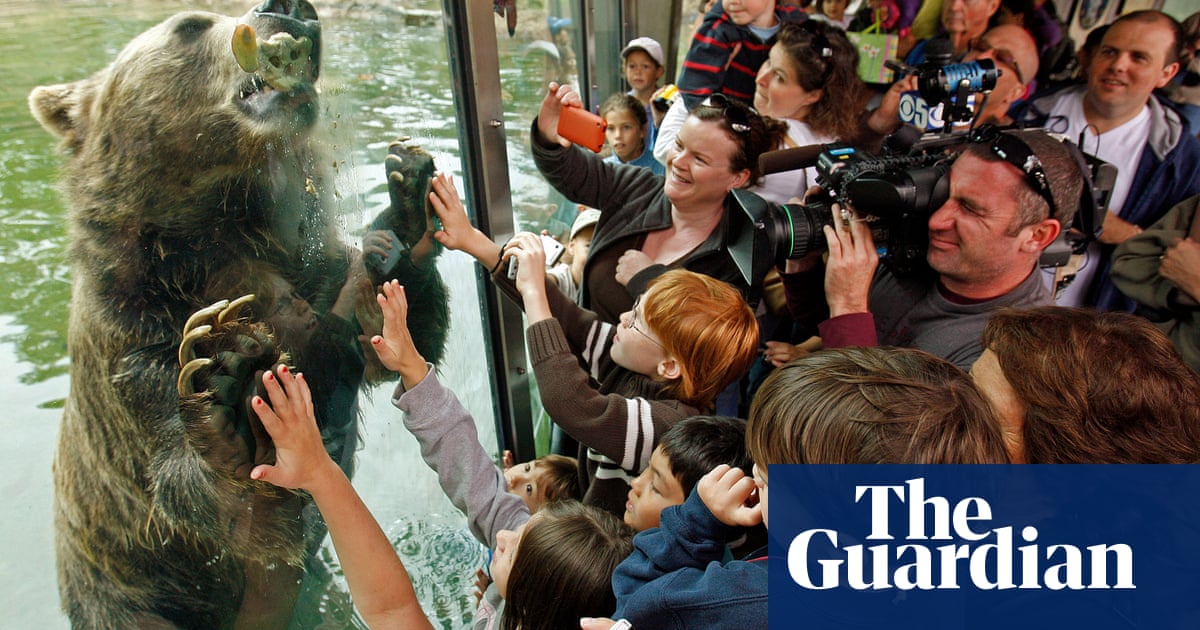1. Move fast and destroy things: 100 chaotic days of Elon Musk in the White House
Composite: The Guardian/Getty Images
Elon Musk’s Doge days have left few parts of the US federal government untouched. As we marked 100 days of the second Trump administration, Nick Robins-Early looked in depth at the damage wrought by Musk’s interventions. As one official put it: “The amazing thing is that they haven’t actually done anything constructive whatsoever. Literally all they’ve done is destroy things.”
2. Inside the dirtiest race in Olympic history: ‘It wasn’t fair. I wasn’t on a level playing field’
The women’s 1500m final in the 2012 Olympics. Photograph: Tim Clayton/Corbis/Getty Images
How does it feel to come third in an Olympic final where the top two runners were later disqualified for cheating? In this brilliant account, Esther Addley spoke to the runners cheated out of glory in the 2012 women’s 1500m final at the London Olympics, a race in which five of the runners were later thrown out for doping.
3. Death, divorce and the magic of kitchen objects: how to find hope in loss
Photograph: Cheryl Chan/Getty Images
“I have long felt that kitchen objects can have a life of their own. Even so, I found this eerie. One August day in 2020, I was going to fetch clothes out of the washing machine when suddenly a cake tin fell at my feet with a loud clang. It wasn’t just any cake tin. It was the heart-shaped tin I had used to bake my own wedding cake. I wouldn’t have thought much of it except that it was only two months since my husband had left me, out of the blue.”
In this moving essay, food writer Bee Wilson considers the way items in our kitchens intersect with our own personal histories, from heirloom dinner services to ice-cream makers that feel part of the family.
4. How did Hitler’s film-maker hide her complicity from the world?
Leni Riefenstahl pictured with Hitler, taken from a film still. Photograph: BetaCinema/Riefenstahl copyright/Landesarchiv/BadenWuerttemberg
After the war, and until the day she died, aged 101, in 2003, Leni Riefenstahl insisted that her films were only ever about award-winning art. Riefenstahl, a consummate editor, had perfected her posthumous presentation. Then, slowly, fissures began to appear among the folders and files. Eliza Apperly explores how the director spent a lifetime covering up her central role in the Nazi propaganda machine.
5. Like me, my seven-year-old daughter loves fashion. Can I protect her from a world of impossible beauty standards?
Victoria Moss’ daughter. Photograph: Laura McCluskey/The Guardian
“Raising a daughter in an age where the cult of beauty is all encompassing and extreme perfectionism is gamified feels increasingly fraught. Raising a daughter having spent two decades as a fashion writer feels like a double twist of hypocrisy.”
So writes Victoria Moss in this examination of the body image pressures facing generations Z and Alpha. In an age of Ozempic and “Barbie botox”, will her daughter soon want to try to scrub her imperfections away, too?
6. Who’s a clever boy: the average dog has a mental age of about two. But what are they really thinking?
Composite: Guardian Design / Getty Images
They can learn hundreds of words, count to five and read humans like a book, so why, asked Emine Saner, do we struggle to understand them? Emine asked scientists why, when they’re so good at reading us, we’re so bad at reading them.
Part of a special series: the Guardian guide to living with dogs (think of it as woof guide … )

 15 hours ago
11
15 hours ago
11













































